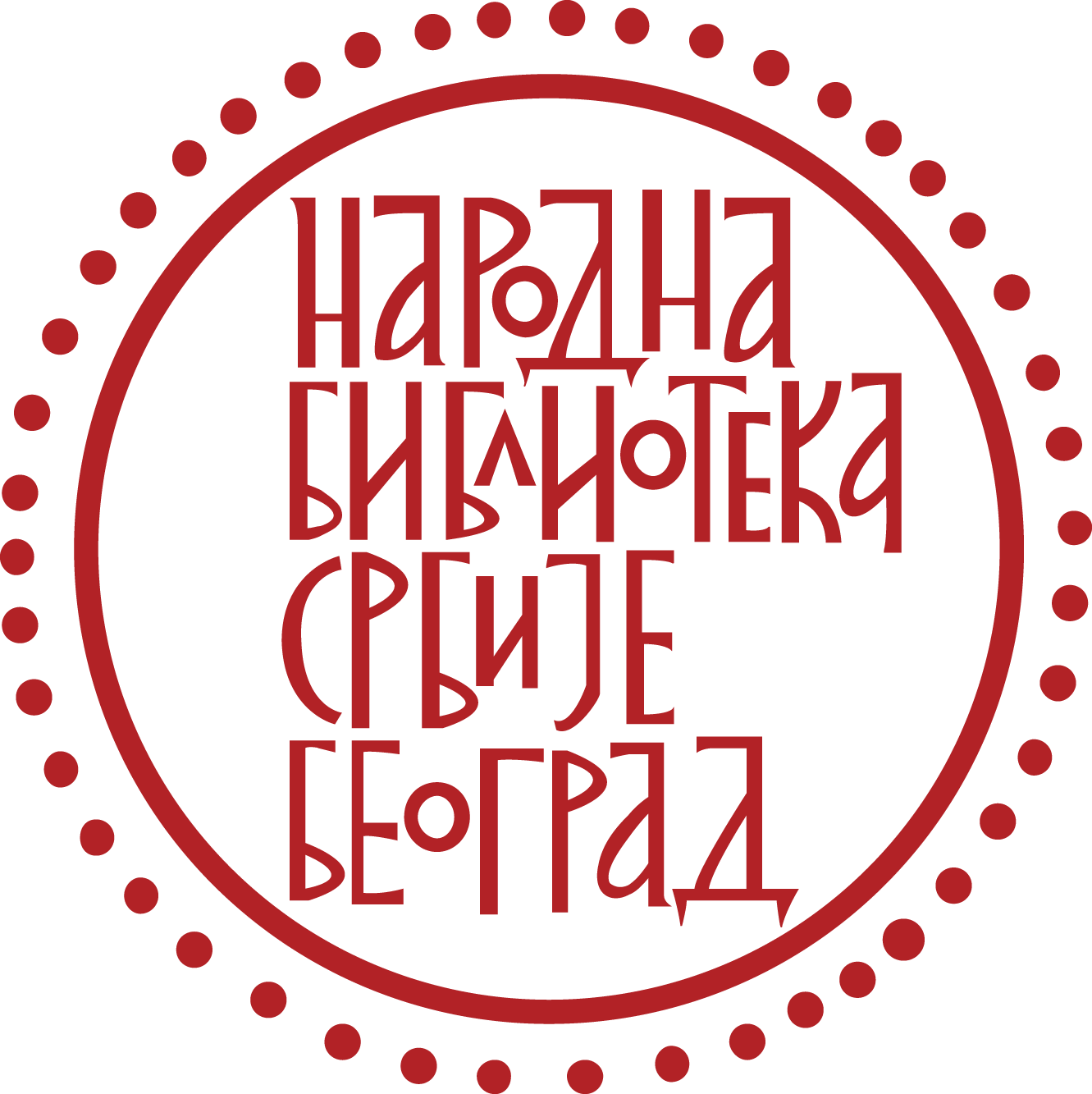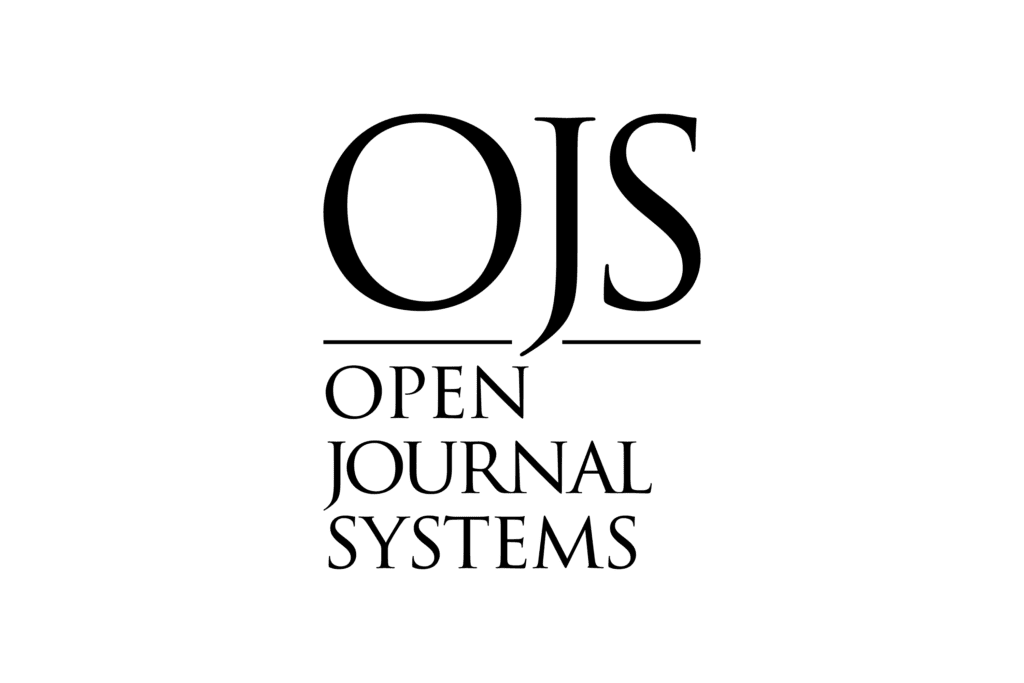Turkish in Cyrillic: Deep Transgression in Jelena Dimitrijević’s Writings
DOI:
https://doi.org/10.18485/knjiz.2017.7.7.4Keywords:
Jelena Dimitrijević, women’s writing, modernism, feminism, deep transgression, transculturalism, East, WestAbstract
The paper points to the unique cultural project in the works of Serbian writer Jelena Dimitrijević (1862–1945), inspired by the imagery of Turkish harems and relations among women living in them. Dimitrijević distinctly oscillated between two cultural paradigms: that of the East (Orient) and that of the West (Occident). We can distinguish three stages ofDimitrijević’s “Turkish project” – stage one is represented by her works Letters from Niš on Harems 1897, or a tame and hybrid world of the Turkish-Serbian province; stage two by Letters from Salonika (1908), or the fascination with the Young Turk revolution and the cover cloth controversy; and stage three by the novel Nove (1912), which speaks about the disappointment with the westernization of Turkish women. All these works were marked bydeep transgression, the transforming process that reaches deep under the surface of normative societies.Deep transgressiondenotes the historical and geopolitical (also geopoetical) conjuncture in which a character, a group of characters, or a represented culture as a whole, cannot be designated by any single label. This means that he or she (or they) belongs to more than one established category, which makes them outsiders in all the cultural contexts they are attached to. In most of the cases, overcoming these differences is a utopian project, breeding conflicts the plot is based on, eventually yielding difficult situations and an unhappy outcome.











